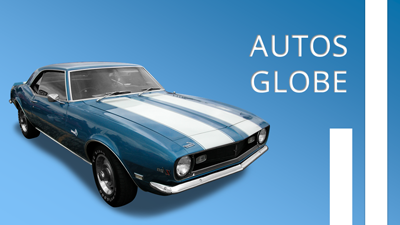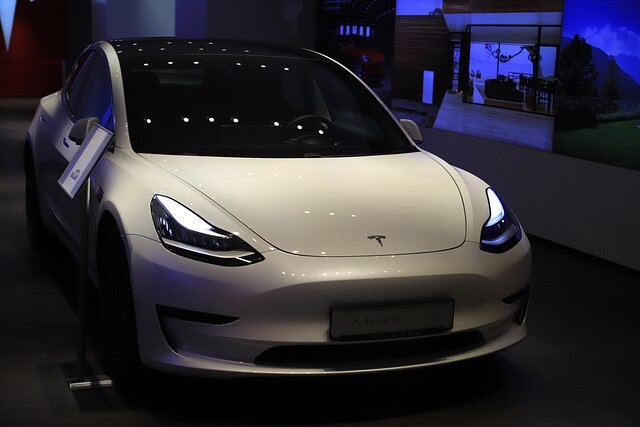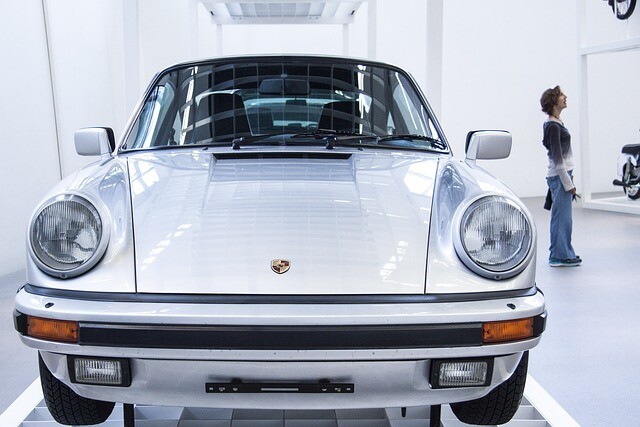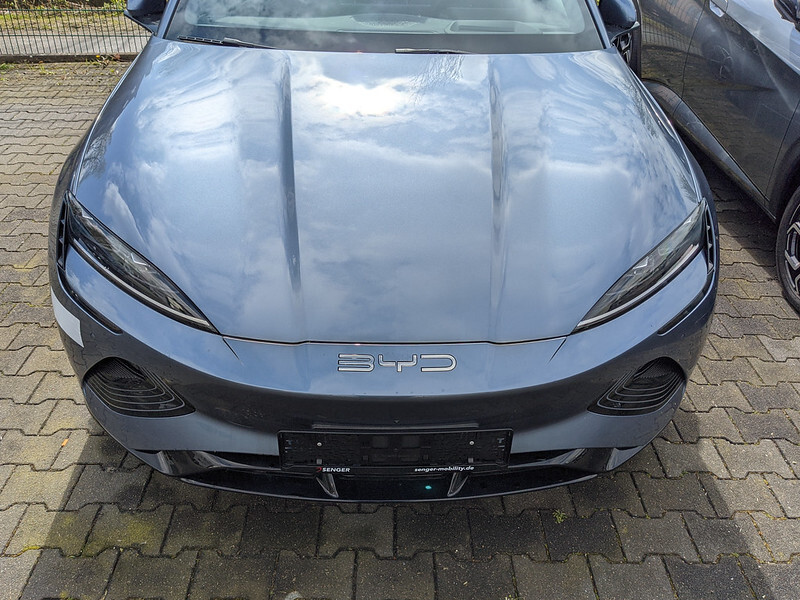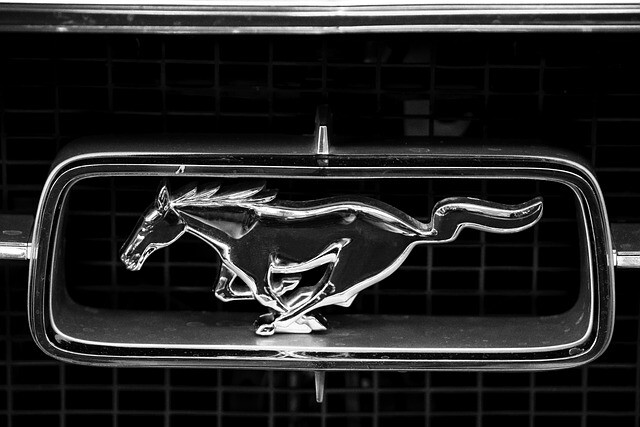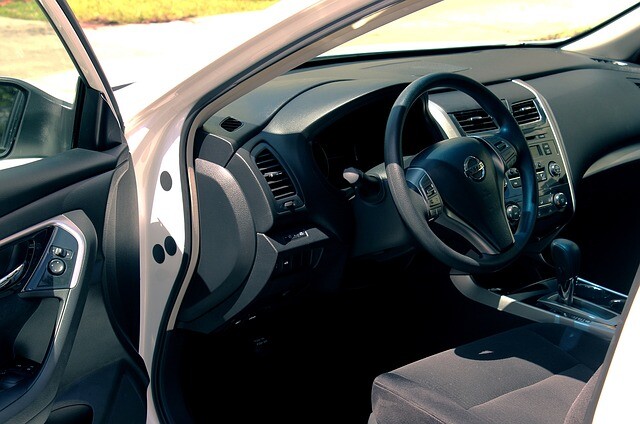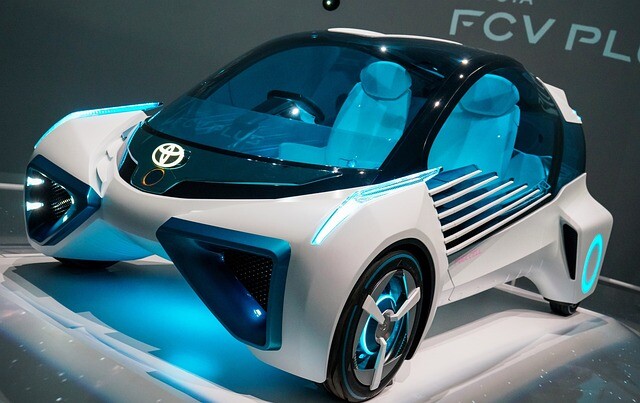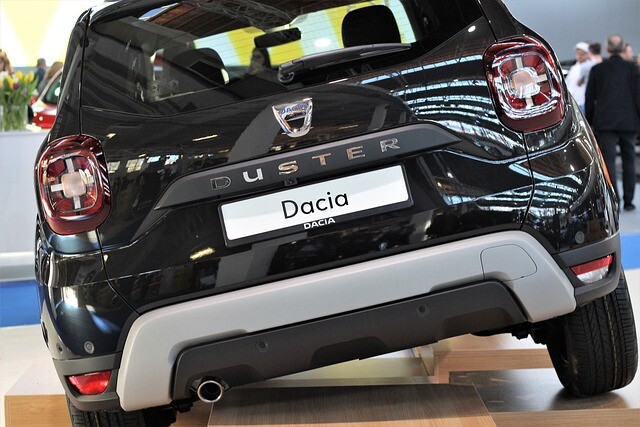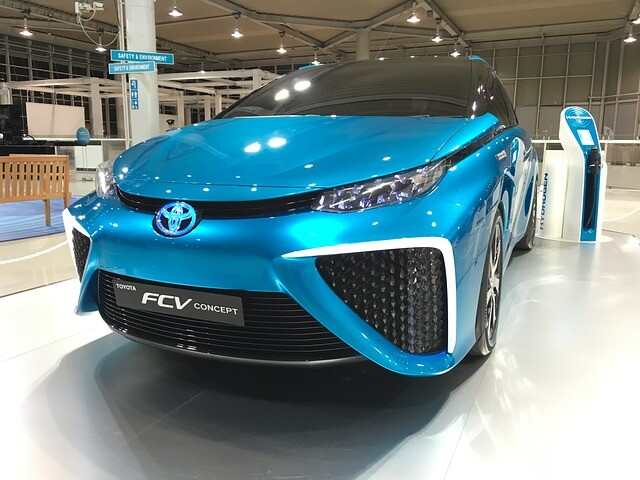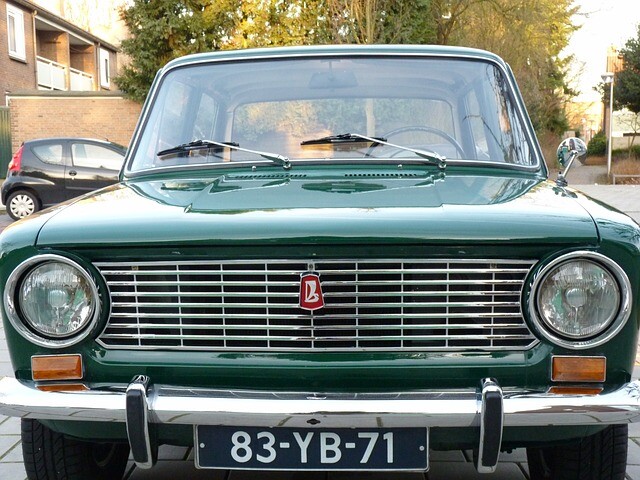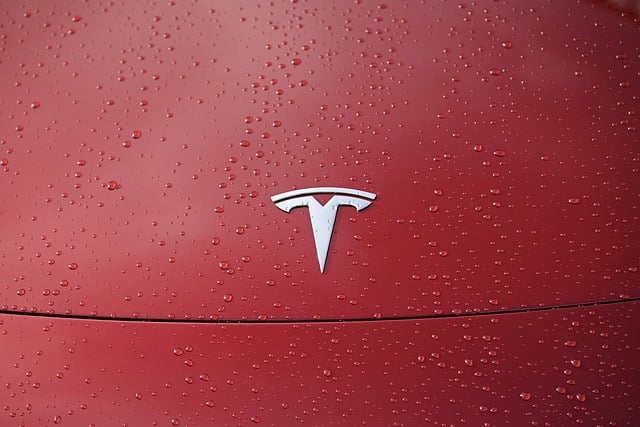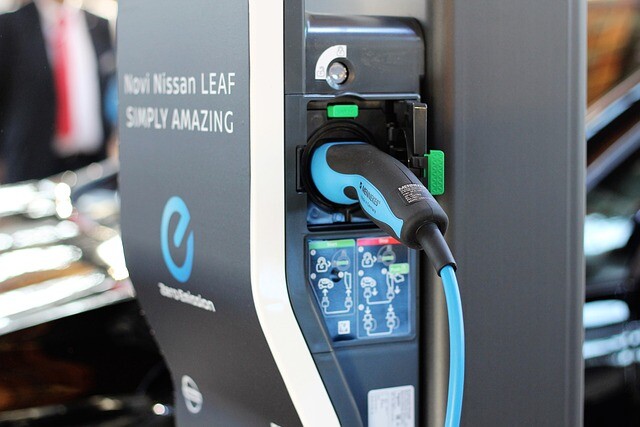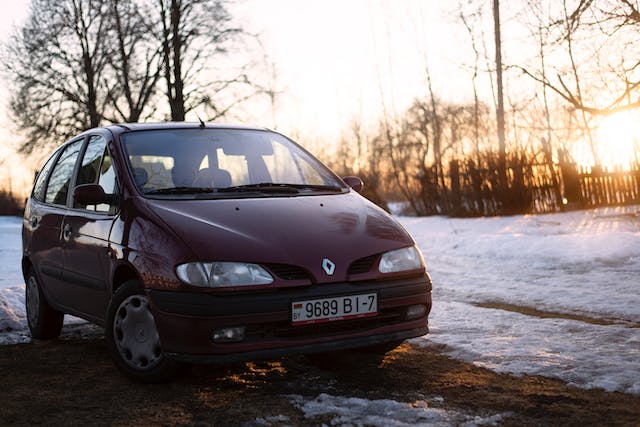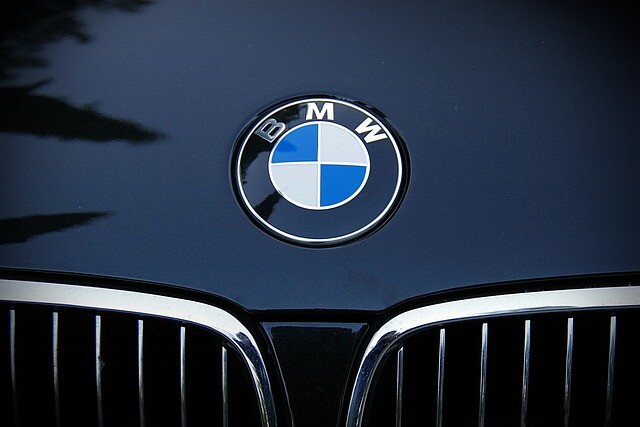This is how the car is renewed
The European Union's new emission limitation, which will take effect next year, will completely transform the European car dealership, resulting in tighter supply and price rises from 2020, said Viktor Szamosi, CEO of Ford Hungary in our interview.
With Hungary's leading car importer, we talked about how to rejuvenate the outdated old car fleet in Hungary, and what to expect next year, when the rules of a changed car market come into effect.
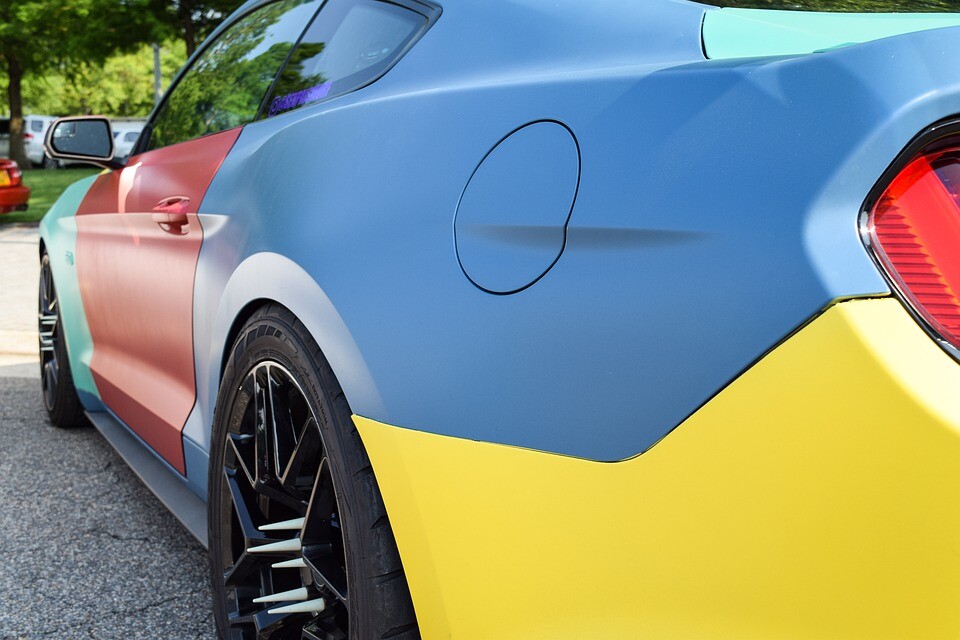
Looking at the characteristics of the car market, how old is the fleet of domestic vehicles, so can we say that we are actually a wreck site in Europe?
One is definitely, but there are even worse, we are one step ahead.
If the EU rules are tougher, can the gap increase between new cars and used ones?
Exactly this gap is the essence of the problem. And here I am not only expressing my own opinion, and not only the views of Ford's domestic importer, but I interpret the position of the Hungarian Automobile Importers Association (MGE), of which I am a member of the board.
First of all, we should look at the baseline. In the field of commercial vehicles, we do not feel it is a problem with the Growth and Credit Program, because it can get new vehicles with relatively good conditions, a 2.5 percent credit, and even stricter emission regulations will not affect small commercial vehicles in 2020. In contrast, the size of the new car market for passenger cars poses major challenges for car dealers. The current industry growth in this market in Hungary did not reach 6 percent in the first 5 months: compared to ten million people, the new 130-140,000 new vehicle number is very low. In Hungary, there are approximately 3 million passenger cars and 300-350 thousand small commercial vehicles in the hands of Hungarian owners. In particular, the average age of passenger cars and the 14-year-old, which grew drastically after the crisis, is extremely high. Seeing this, for example, can it be questioned whether a state-sponsored electric car purchase makes sense? In itself, there is a reason to encourage the state to purchase vehicles equipped with environmentally friendly technology. But another issue is that there are 160,000 used cars every year, averaging 14-15 years old, that are outdated in terms of emissions. We see that there is a need for state regulation here as well. For example, imports should be legalized, that is, to pay the public burdens with those who import them.
(Source: hvg.hu / photo: pexels.com)
